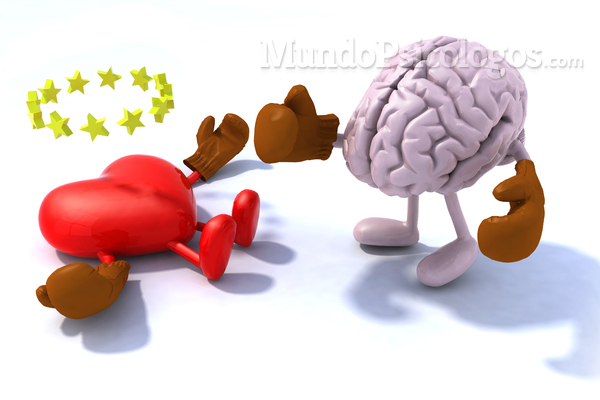The Greek term “alexithymia” was coined by Sifneos in 1973 and etymologically means “without words for feelings.”

The Greek term “alexithymia” was coined by Sifneos in 1973 and etymologically means “without words for feelings.” This term encompasses a set of cognitive-affective factors typical of the communication style of psychosomatic patients in the consultation.
It is a difficulty in recognizing and defining emotions both in oneself and in others. It is not an all or nothing concept, but rather a concept of range, so not all people have the same degree of alexithymia, in fact, when we talk about a low degree of alexithymia it is quite common.
Taylor et al. summarize the most outstanding alexithymic characteristics:
1. Difficulty identifying and describing feelings.
2. Difficulty distinguishing between feelings and bodily sensations typical of emotional activation.
3. Constrained imaginary process, evidenced by the scarcity of fantasies.
4. Externally oriented cognitive style.
Regarding the causes of the alexithymia different studies have been carried out, but there is not enough empirical data to establish it.
According to different studies, men (8%) are more likely to be alexithymic than women (1.8%), which culturally makes sense in that men are less likely to express their emotions.
Research in this field suggests that there are two types of alexitima: primary and secondary.
Freyberger introduced the term secondary alexithymia based on the observation of alexithymic characteristics in patients with serious physical illnesses such as cancer, kidney transplants or patients admitted to intensive care. During the course of their illnesses, patients decrease their capacity for introspection, increasing their attention to physical symptoms and having greater difficulty recognizing and adequately verbalizing emotions. These alexithymic characteristics can appear as a defense mechanism when they are not able to manage the negative emotions that appear in the course of a serious medical illness, so any person can present them at some period in their life.
These two types of alexithymia differ in that the primary one could appear as a result of a deficit in the child’s emotional development, while the secondary one would be intermittent, it only appears as a defense mechanism before traumatic, conflictive situations or during the course of an illness. physical but that disappears when the stimuli that trigger it disappear.








